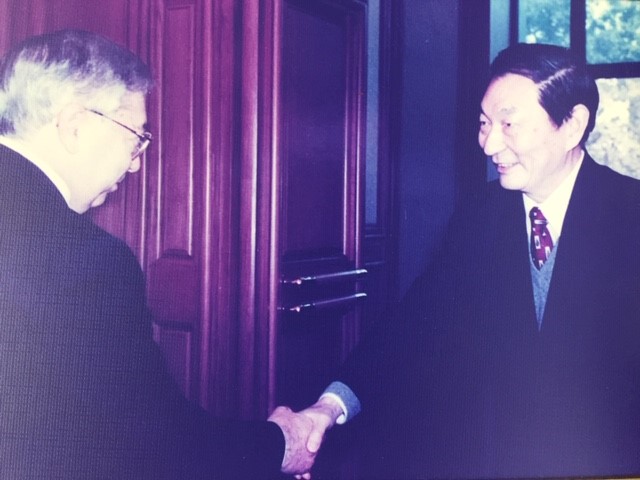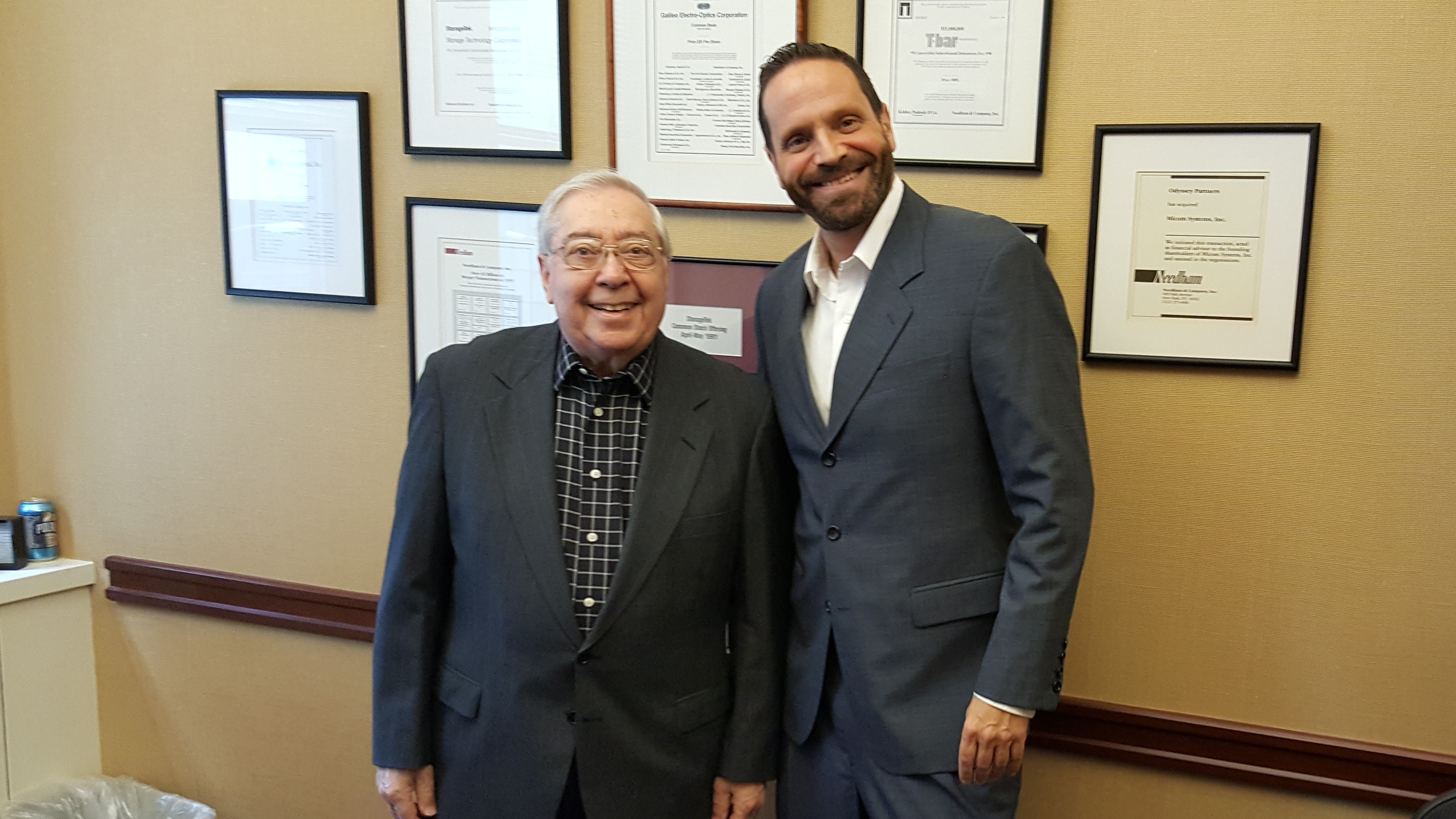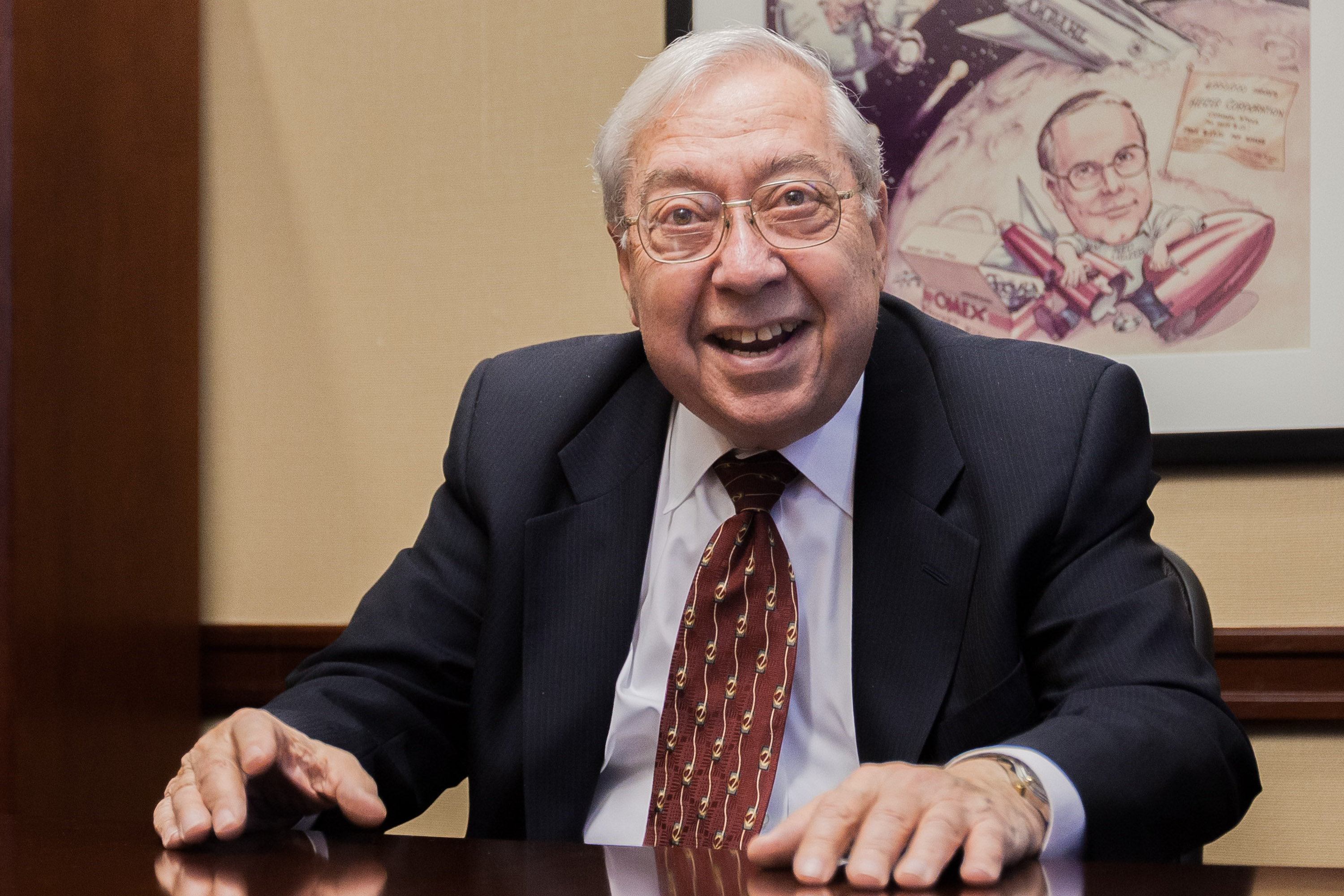Harry Edelson

Harry Edelson is considered by many a legend in both the technology and financial industries. In the 1970’s Harry was the first wall street analyst to combine coverage of computers, software and telecommunications. He participated in the birth of the internet as the Head of Marketing and Sales of the two leading data terminal companies serving Darpanet, progenitor of the internet. Edelson is the Founder and President at the China Investment Group, LLC, and propelled the first internet company in China. Throughout his career, Harry has been known for his energy and outsized results; partly due to the highly honed skills that Harry developed in mnemonics, speed-reading and speed math. The Edelson Technology Partner funds were the first venture capital investor in eleven early stage companies that grew to have market capitalizations of more than $1 billion and up to $100 billion.

AMM: Could you please tell us about how you first became involved with China and began doing business there?
Harry Edelson: Yes. I worked on Wall Street as a securities analyst and I covered all of technology, for three of the six leading investment banks. And since I covered companies like IBM and all the phone companies, all the computer companies, I was very much involved with Japan, which was convenient with IBM, with companies like Nippon Electric and Fujitsu. I would go to Japan to meet with the top Japanese computer companies. One day, one of them said to me, “You want to go to China?” So, in 1984, I went to China for the first time. I slept in a little inn, slept on the floor on a mat, actually. But I was fascinated by China. And the people there, they’re sort of funny, you know, they’re very much like Americans. I enjoyed going to China, and since that visit I stopped going to Japan and started going to China quite frequently. I invested in two companies in China. My first two, they each became unicorns—that was China.com and HongKong.com. So, I thought, “Hey, things are pretty good here in China, easy to make money.” Since 1984, I’ve been to China 119 times.

AMM: What led you to establish the China Investment Group?
HE: I didn’t establish it by myself. We had, I would say, four investing-types. And we used to meet and discuss China because we recognized way back, 15 years ago, that China was going to be big. Eventually it will reach its potential. So, we met in a one-room conference room, four of us around a little round table, and we would discuss what’s going on in China. And we did that for about six months. And then we started inviting a speaker in to meet with us and our little group of four expanded to six or seven. And we started bringing in a speaker that people would be interested in chatting with, and that person was an expert on some aspect of China. We [now] have about 40 members. Half of them are not in the United States, they’re in China [and] in the Arab world, a lot of our members are American but speak Chinese. So, we have an eclectic group of not only investors but people in the art world and people who are economists and well-known people at various banks.
AMM: Are there any practices or philosophies that you have employed over your years of doing business with China that you would recommend for investors and companies looking to do business there?
HE: Well, I’m working with people in China all the time. I just had a long WeChat call with someone who’s very knowledgeable in China, and I spent an hour on WeChat with them going over some deals that we could work on together. So, the thing to do in China is to go out and give speeches for them. I give lots of speeches in China, [I was] asked to give one now in Xi’an, where the Terracotta Soldiers are, and just gave one in Shanghai. They had a technology conference in Shanghai, they called it “T-Edge”,” like “Technology Edge.” There were 2000 people in the auditorium. There were many prominent speakers. I was a keynote speaker in that conference, a three-day conference telecast to 250, 000 Chinese. So, when they have a conference, it’s a big conference, bigger than what you have in the US, and the speakers are giving China information.
AMM: The Chinese government has lately been working to change China’s primary economic role from manufacturing to innovation, to take the role and title of “Asia’s Silicon Valley.” They have famously expressed their intent to accomplish this goal by the year 2025. What do you think their main motivation for this is?
HE: Yes. Xi Jinping has aspirations to be the number one country in the world in technology. So, China right now manufactures 90% of the world’s mobile phones, 80% of the world’s computers, 28% of the world’s automobiles and lots of other things, household things, like 80% of the world’s air conditioners, and they provide 50% of the world’s steel. So, I mean, they’re a powerhouse. We knew it when we started the China Investment Group 15 years ago. We knew it. I’ve known several of the Premiers of China—Zhu Rongji, Zhao Ziyang. I’ve worked with a lot of high-level people in China, so we know about their ambitions.
AMM: Are there any particular industries that you think are “ones to watch” as likely targets for innovation by Chinese companies?
HE: Well, I think they’re getting leadership positions in business like drones, 3D manufacturing. They are getting into these new businesses, payment systems, way ahead of us. Everyone out there pays with their cell phone.
During the interview, Mr. Edelson shared some of his outlook on life: “I’m happy every day. I’ve never had a headache. I’ve never had the flu. I’ve never had jet lag. I’m doing something right. Always keeping my brain functioning at a high level at all times. Life is fun. So that’s what I’d recommend for everybody.” You can read more about Mr. Edelson and his approach to living well in his book, Positivity: How To Be Happier, Healthier, Smarter, and More Prosperous.







